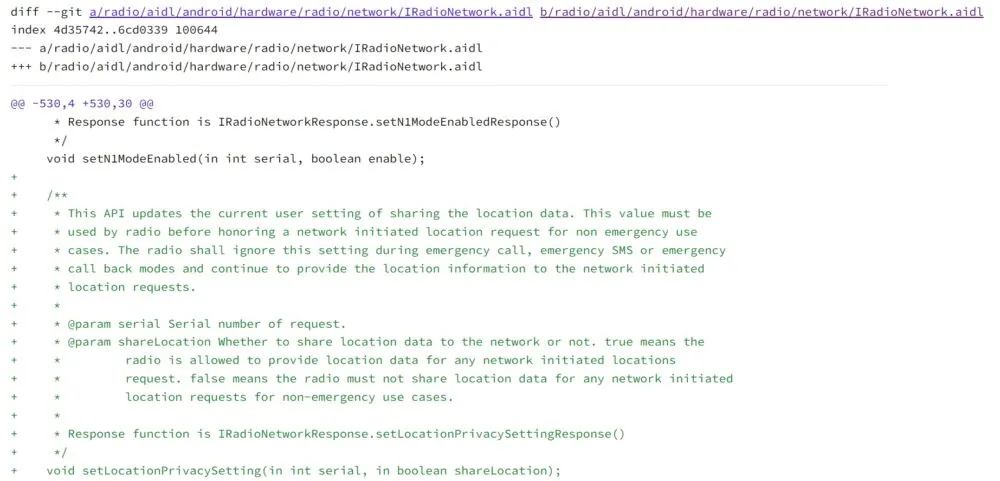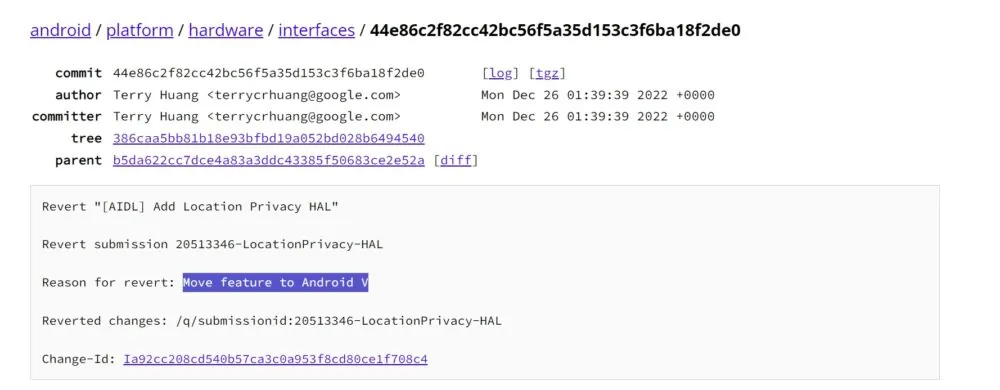Digital privacy is the most sensitive of all types of privacy. Location data is an important point in the field of digital security. It is a core element of your life, it will reflect your leadership, your standard path, and also your whereabouts at a very specific moment.
In addition to Android letting users limit location data sharing with app developers over the years, there is also an information-sharing area that has remained intact despite being out of the user’s control; This involves sharing device location data with cellular carriers. But, when Android 15 is released, presumably, people will be given the right to define to what extent they want their carriers to track them and at what times they want their location shared.
Android’s framework currently allows users to track location or deny access to individual apps using an API once it’s been set. Indeed, in this case, the firmware that serves as the device’s cellular radio can hardly be affected by the Android operating system. Such software is usually supplied by a third party and works at a completely barebones level, so Android may not be able to access the information without identifying itself. Meanwhile, Android 15 addresses that problem by using an emerging hardware abstraction layer (HAL) for radio vendors to integrate into their products.
Using a variety of methods, including MO-LR text messages, NI-LR location requests, and MT-LR messages, carriers can locate a device quite easily. Although user-privacy controls may have a stabilizing effect on both MT-Link and Instant-Link, the latter is beyond the reach of their inputs. AndroidHAL 15 Location Privacy is a component of the network that devices have control over, which can be denied by authorized devices on the underlying network.
The Radio API has been introduced into the Android source code (in Global Fast Detection) to suit the user’s privacy settings. Although confused calls are still excluded from these limits, the required question will take into account the user’s inclinations. Initially launched to be available on the Android 14 platform and then pushed to the Android 15 release, this shows that this is a very deliberate increase in user privacy.
With support from radio vendors, it is expected that this feature will become more widespread at the time of the Android 15 release. While this isn’t a magic wand that will stop everyone from location-based tracking, it is a huge step forward in giving people the opportunity to take control of their privacy. It then follows that this may be counterproductive in preventing the type of illegal tracking that is prevalent in sting operation devices.
Ultimately, Android 15’s GPS-level location privacy functionality is a step toward helping users claim the power to lead and protect their information in a society that is becoming more technology-dependent.





Leave a Reply